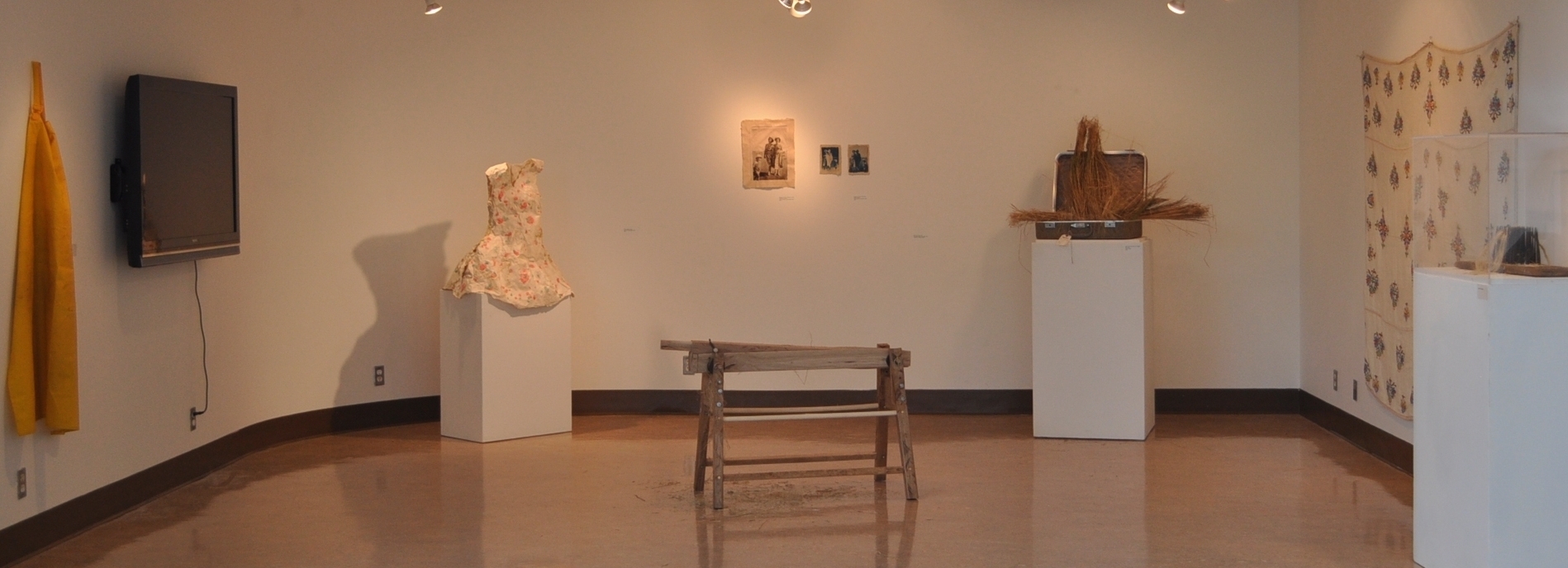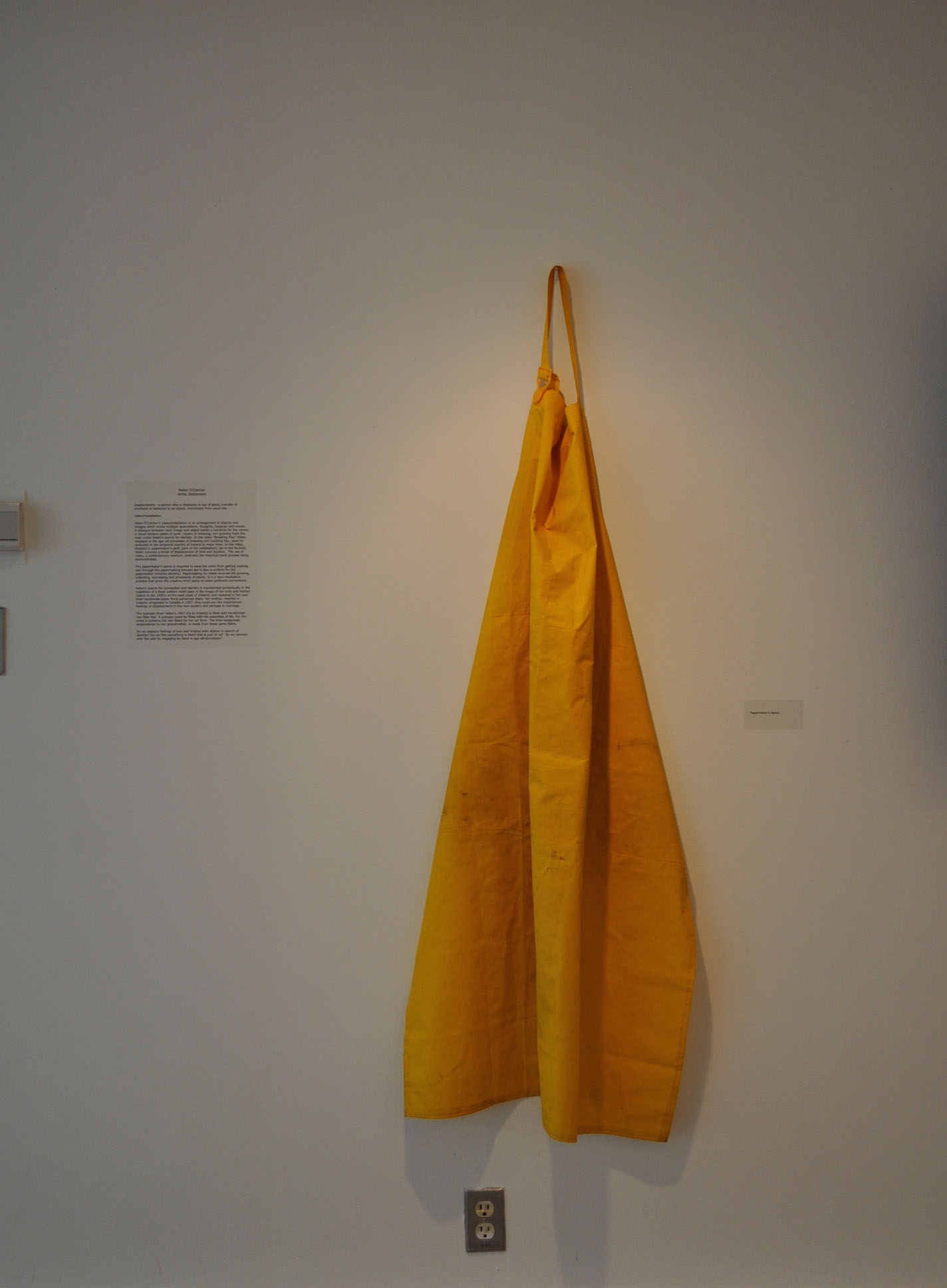



















Paper as Memory
Welcome to my installation featuring handmade paper made from the invasive and fascinating Scotch Broom plant, harvested on Mount Tolmie, July 2018 with Bill Zuk, Victoria, Canada. This plant, out of its native environment, takes over and multiplies forcing out indigenous species. Broom does well in any soil but prefers acid soil and good drainage. It withstands drought! Its roots go deep and cling. Where did it come from? Scotch Broom, it is said, was brought to Vancouver Island from Hawaii in the 1850s by Capt. Walter Calhoun Grant who planted it innocently on his farm near Sooke.
I chose Scotch Broom to work with for many reasons beyond the fact that it needs eradicating. It is a plant that comes with some fascinating properties and folklore. The name Scotch Broom intrigued me enough but the sturdy look of the plant indicated that it contained the right amount of fibre for papermaking.
The mythical associations with brooms, witches and hallucinatory brews resonated strongly for me and guided the content of this installation that includes incantations, vessels and brooms of many sizes. Witches have always been outcasts of society – like artists and invasive plants. Their association with the feminine made them the scorned sex.
Hand papermaking involves harvesting, cooking and blending or beating to create pulp. It is a complete physical immersion, a watery art. I take pleasure in all aspects of the process. It is slow and repetitive like a ritual. In the harvest I get to know the environment it grows in and its properties in nature. I become connected to the plant and this becomes heightened throughout the process. It gives me time to be thoughtful about what I will create artistically with the paper. It is always exciting to see what the paper will look like! Scotch Broom paper is beautiful, dark and textured. It has a smoky tobacco smell. It’s said that all parts have medicinal value. Traditionally it was used to treat ailments from “excessive revelry”.
Paper as Memory is a play on this and on the property of paper that retains any crease, tear or mark put on it. When fresh wet sheets are formed and laid on objects to dry, the paper magically retains the exact shape. On another level I reach into my own memory to create forms and structures that harken back to childhood and other life experiences.
*Thank you so much to the 2018-2020 UVic Visual Art Education Cohort. You are all an inspiration to me! Special mention to Jaafar, Mason, Danielle and Alwen who literally got their feet wet.

Artist Statement
Displacement: a person who is displaced or out of place, transfer of emotions or behaviour to an object, movement from usual site
Video/Installation
Helen O’Connor’s video/installation is an arrangement of objects and images which evoke multiple associations, thoughts, longings and moods. A dialogue between each image and object builds a narrative for the viewer, a visual sensory poem of sorts. Layers of meaning, one growing from the next evoke Helen’s search for identity. In the video “Breaking Flax” Helen engages in the age old processes of breaking and heckling flax, used for centuries in her ancestral country of Ireland to make linen. In the video, dressed in papermaker’s garb (part of the installation), set in the Rockies, Helen conveys a sense of displacement of time and location. The use of video, a contemporary medium, contrasts the historical hand process being demonstrated.
The papermaker’s apron is required to keep the artist from getting soaking wet through the papermaking process but is also a uniform for the papermaker (creates identity). Papermaking for Helen involves the growing, collecting, harvesting and processing of plants. It is a slow meditative process that gives the creative mind space to make profound connections.
Helen’s search for connection and identity is represented symbolically in the repetition of a floral pattern motif seen in the image of her aunt and mother (taken in the 1950’s on the east coast of Ireland) and repeated in her cast linen handmade paper floral patterned dress. Her mother, married in Ireland, emigrated to Canada in 1957. One could say she experienced feelings of displacement in the new country and perhaps in marriage.
The suitcase (from Helen’s 1967 trip to Ireland) is filled with hand picked raw fibre flax. A suitcase could be filled with the essentials of life. For the artist it contains the raw fibres for her art form. The linen bedspread, embroidered by her grandmother, is made from these same fibres.
Do we displace feelings of loss and longing onto objects in search of identity? Do we find something in them that is part of us? Do we connect with the past by engaging by hand in age old processes?

My grandmother's hand embroidered Irish linen bead spread circa 1920.

Umbrellas symbolize the canopy of heavens, shelter and protection. Using the medium of paper and ice I created a temporary installation of suspended cast frozen umbrellas on the banks of the Yukon River in Dawson City, Yukon. Their movement was quite magical when lit up at dusk. Click here to see the magic.

Cast paper rock made with hand beaten gampi fibre with inclusions of lichen, leaves, grasses from glacial erratic found in the Yukon boreal forest. Photo credit: Christian Kuntz, 2009.
This piece is titled Red Squirrel Rock because the first casting was partially destroyed by a red squirrel and then re-cast with much patching work. The paper is suspended on a wire armature.
